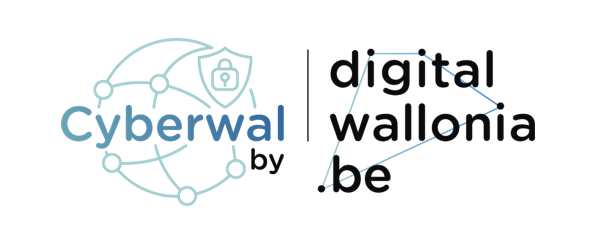Practicing Abstraction Skills Through Diagrammatic Reasoning Over CAFÉ 2.0
Shaping first-year students’ minds to solve problems
at different levels of abstraction is both important and challeng-
ing. Although abstraction is a crucial skill in problem-solving,
especially in STEM subjects, students often struggle with abstract
thinking. They tend to focus their efforts on concrete aspects of
the problem, where they feel more comfortable and closer to the
final solution. Unfortunately, this approach can cause them to
overlook critical details related to the problem or its solution.
To address this issue in our Introduction to Programming
(CS1) course, we introduced a programming methodology that
requires students to create a graphical representation of their
solution and then derive the code from it. To enable them to
practice this diagrammatic reasoning approach on a regular
basis, we developed a learning tool called CAFÉ 2.0. It facilitates
a semester-long activity in which students solve problems by
submitting both a graphical representation of their solution and
its implementation. Further to checking the final implementation,
CAFÉ 2.0 also provides personalized feedback on how students
have graphically modeled their solution and how consistent it is
with their code. This paper presents an overview of the features
of CAFÉ 2.0 and the methodology it currently supports in the
context of our CS1 course. Then, using a survey and learning
analytics, this paper evaluates students’ interactions with CAFÉ
2.0. Finally, the potential for extending CAFÉ 2.0 to other STEM
disciplines is discussed.
